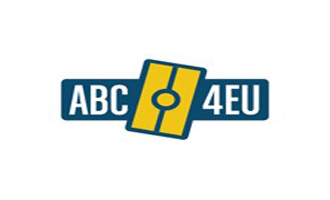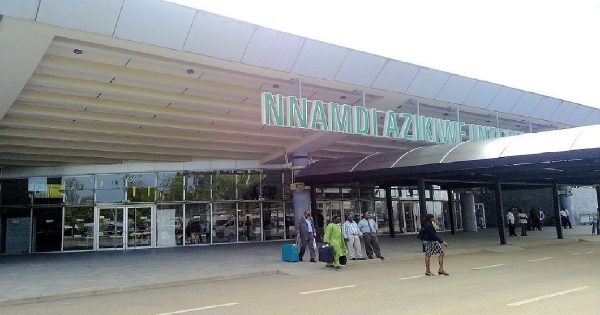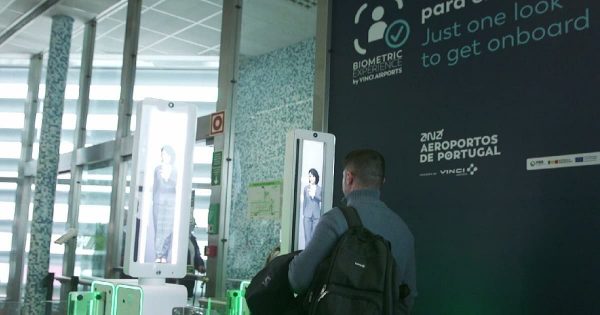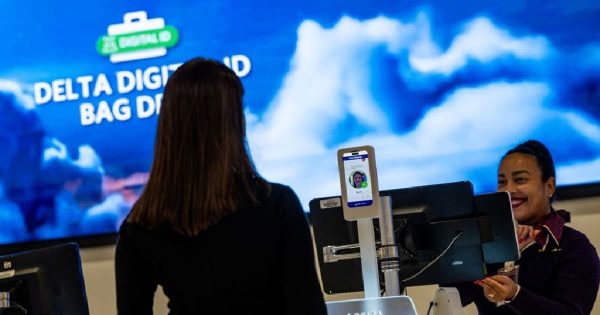Indra is spearheading ABC4EU (Automated Border Control Gates for Europe), the European R&D project that will enhance the automated border control systems that passengers will find at airports.
- 15 partners from 8 countries will work together to harmonize these systems, that have been deployed in the main European airports
- aim is to integrate and improve current Automated Border Control Gates and extend their use to passenger from non EU countries
- R&D initiative driven by the European Commission has been allocated a budget of €16.8 M
The project aims to update and integrate current Automated Border Control Gates systems and extend their use to second generation passports and third country nationals from outside the European Union. The budget of the ABC4EU project is 16.8 million euros.

During the last years, many Automated Border Control Gates have been deployed in the main European airports, most of them as pilot projects intended to test their capability to improve the border crossing processes in aspects such as speed, security, automation and false rejection reduction.
Automated border control systems validate the passenger’s identity card or passport by checking its authenticity and verifying that it belongs to the holder. The procedure involves checking a variety of biometric parameters, such as the person’s fingerprints and facial features.
So far, these kind of systems could only be used by European Union citizens. In order to extend its use to no EU nationals, this consortium will assess the feasibility to integrate them with a future register that regular-passengers would be able to join for automated border pass. The consortium will also enhance the management of last generation passports, which incorporate high security features and biometric information from the passenger.
Furthermore, the need for a harmonized approach has been specifically addressed as one of the most urgent issues to be solved. The ABC4EU project aims to address it by ensuring that passengers always have the same experience, irrespective of the company that has developed the system. Harmonized systems will also be easier to implement because border control authorities will not need to worry about any interconnection or compatibility problems arising in the future between the systems of different suppliers.
Accordingly, ABC4EU will identify the requirements for a flexible, integrated and interoperable ABC system at EU level. In particular, harmonization would be required in areas such as e-passports management, biometrics, gate design, human interface, processes, signaling and interoperability. Studying ABC systems and other significant technology aiding border security processes will help the increasing passenger flows, whilst maintaining security.







